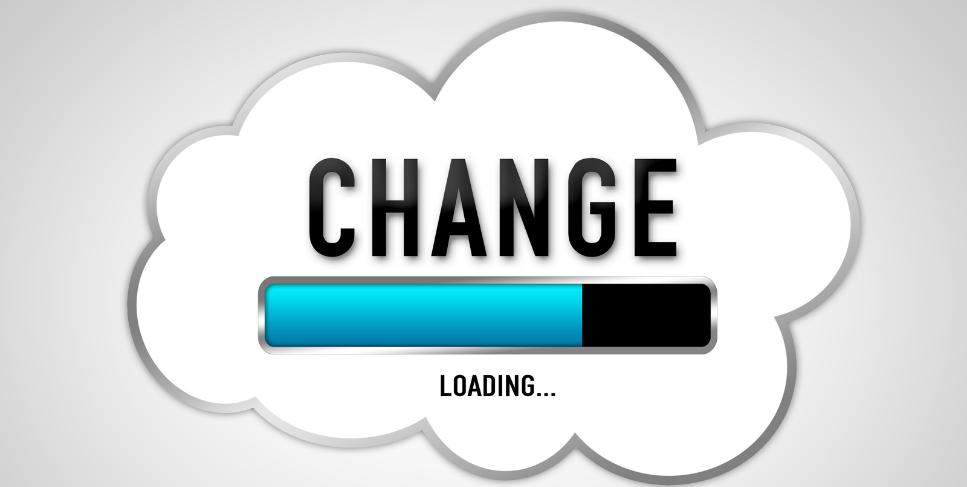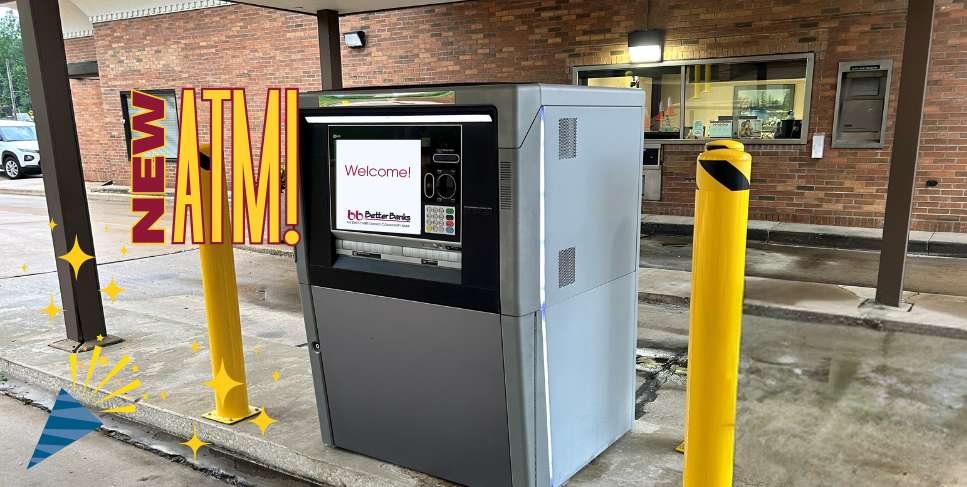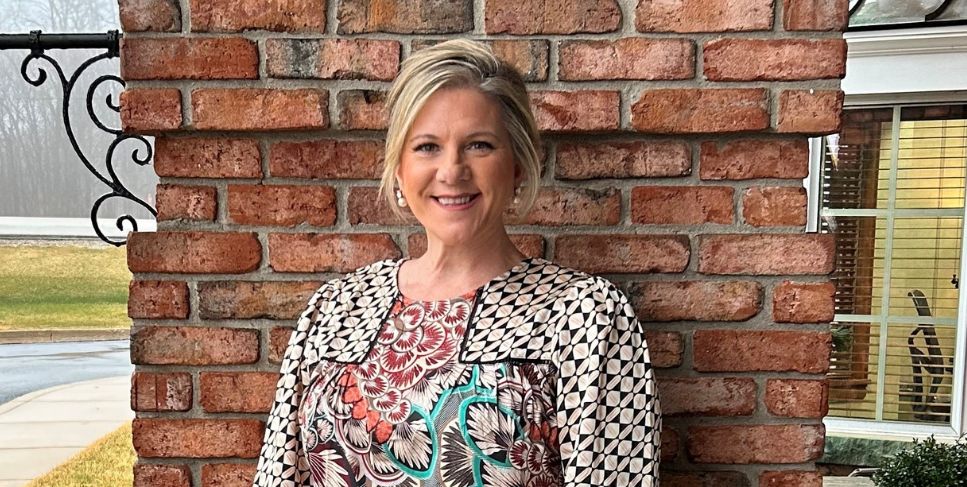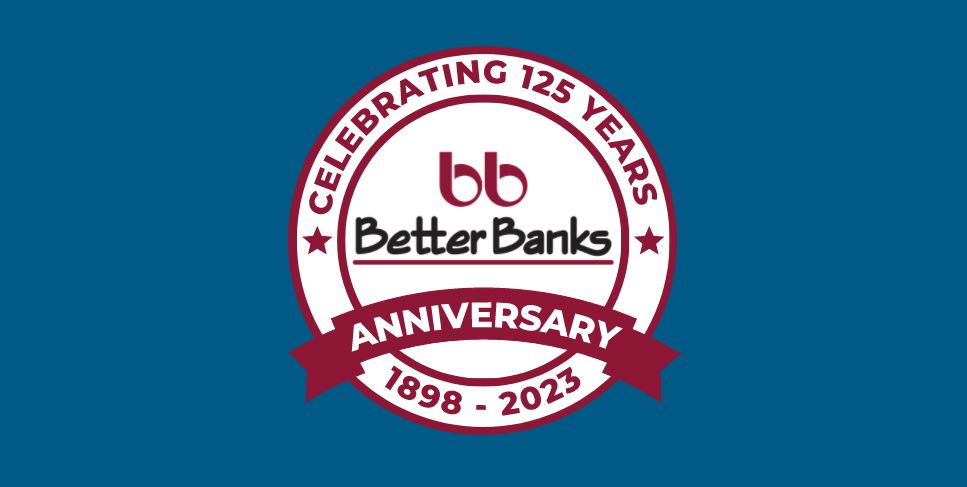Managing personal finances can be a daunting task, especially when it comes to avoiding overdraft fees. These fees can quickly accumulate, putting unnecessary strain on your wallet. However, with careful planning, disciplined spending habits, and the right tools, you can steer clear of overdraft fees and maintain control over your financial well-being.
1. Monitor Your Account Regularly
One of the most effective ways to avoid overdraft fees is to stay on top of your account balance. Make it a habit to check your account regularly through Digital Banking. This practice helps you keep track of your spending and ensures you have a clear picture of your available funds.
2. Create a Budget
Creating a realistic budget is crucial to managing your finances effectively. List all your monthly expenses, including bills, groceries, and entertainment. Allocate funds to each category and stick to it. A well-structured budget helps you prioritize your spending and prevents you from overspending, thereby reducing the risk of overdrawing your account.
3. Set Up Alerts
Set up account alerts in Digital Banking that notify you when your balance falls below a certain threshold. Utilize these alerts to receive timely notifications about your account balance, ensuring you can take immediate action if your funds are running low. These alerts serve as a proactive tool to help you avoid overdraft fees.
4. Maintain a Buffer
Keep a buffer amount in your account to act as a safety net. This buffer, usually a few hundred dollars, provides an additional cushion to prevent accidental overdrafts. While it's important not to dip into this buffer casually, having it can help you avoid fees in emergencies or unexpected expenses.
5. Sweep Money from Savings
If you have multiple accounts with Better Banks, consider linking them for overdraft protection. In case one account doesn't have enough funds, the bank can automatically sweep funds from another linked account to cover the shortfall.
6. Choose Low-Balance Alerts
Set up low-balance alerts slightly higher than your intended buffer. This way, you'll receive notifications before you actually reach your buffer amount, giving you ample time to adjust your spending habits or transfer funds if needed.
7. Use Cash for Small Purchases
For small, everyday purchases like coffee or snacks, consider using cash. This habit prevents these small expenses from adding up and possibly leading to an overdraft. Plus, using cash can help you become more mindful of your spending habits.
Avoiding overdraft fees requires a combination of vigilance, responsible budgeting, and strategic planning. By regularly monitoring your account, creating a budget, setting up alerts, and maintaining a buffer, you can significantly reduce the likelihood of over drafting. Remember, taking control of your finances not only saves you money but also empowers you to make informed financial decisions, leading to a more secure and stable financial future.



.jpg?sfvrsn=87ea768f_2)









